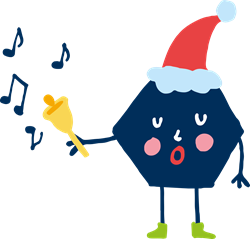Science | It’s life or death for a child
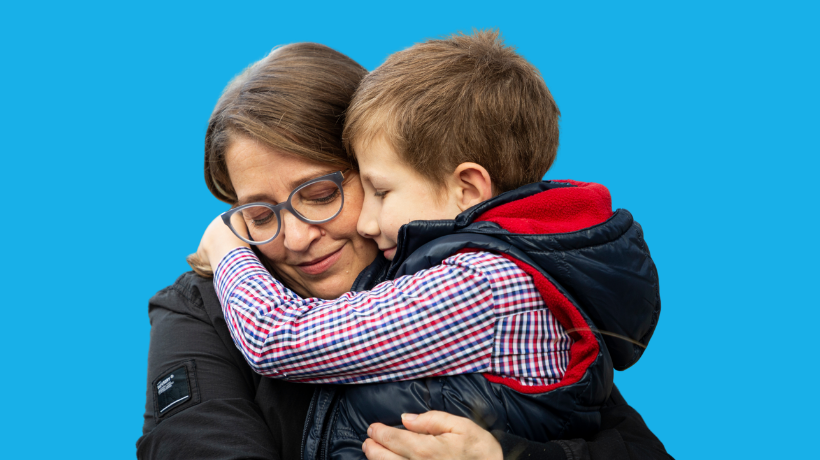
As she describes the vital need for support of brain cancer research, Marion Corbett tells a story of an 11-year-old boy who’d been through treatment for medulloblastoma and declared cancer free. That boy relapsed after being in remission for two years. While he had further chemotherapy in Australia, his family tried to raise funds to take him to the USA for inclusion in a clinical trial. The young boy died.
It’s a very personal story for Marion, whose son Fred was diagnosed with medulloblastoma in 2015, when he was just three years old. That’s when she became a “mumcologist”, she says.
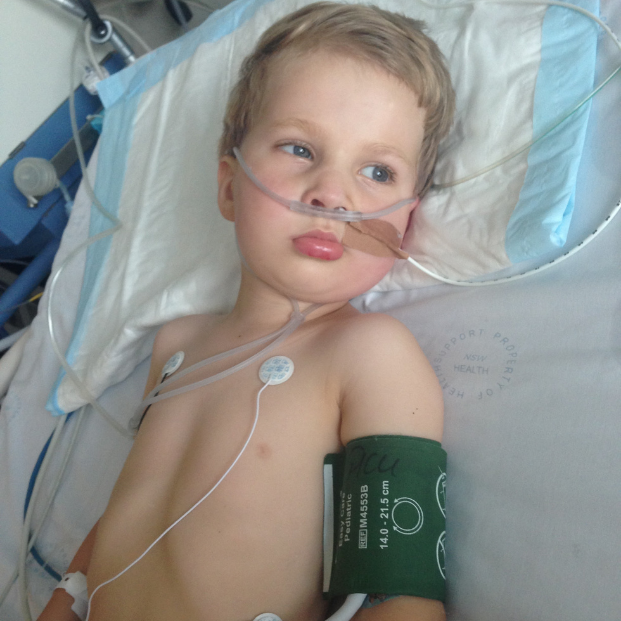
“When we were first diagnosed, there’s a period of weeks where the medical team is working out what type of brain cancer the child has,” she says. “What are the circumstances for this child? What’s the treatment protocol going to be?”
“There are dozens of different types of brain cancer out there. There are subtypes, and subtypes of subtypes. Depending on your specific circumstances, there’s a different path you’ll go down. So having as much information as possible, and ever more research around the best course of treatment, is vital.”
“The brain is protected by a strong blood/brain barrier, which means they really have to hit the kids hard with chemo to get any effect.” - Marion Corbett, mumcologist
The good news and the bad news
“So, you’re hitting them with higher doses, higher than what might be used on an adult. This means you get hearing loss effects, risks of secondary cancers, etc. It’s really brutal. Finding new chemotherapy protocols that do less damage to a kid is always going to be a good thing.”
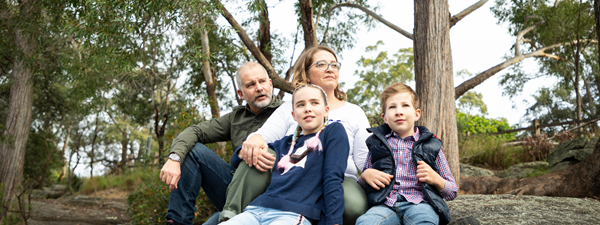
Marion and Fred rang the bell for the end of his treatment in mid-2016. But six months later a six-millimetre anomaly was discovered in his brain.
“Our world crashed, again,” Marion says. “When Fred relapsed, we were told radiation was the last treatment option.”
“I thought, hang on, aren’t there trials? It’s almost unbelievable that we have such limited options. And the radiation was what caused the most long-term damage. It has caused cognitive issues and growth hormone challenges, and it really pushed him over the edge in terms of hearing loss.”
Read more: Application of gene-silencing nanodrugs to inhibit medulloblastoma growth
The ripple effects of kids’ brain cancer treatment are also enormous, Marion says. Fred has been clear of cancer since 2017, but to this day Marion still suffers PTSD-type panic events.
Sometimes she feels as if she has been punched in the chest. Other times she feels as if she’s choking.
“It all just rushes back over me and it’s a very visceral experience,” she says. “It does get easier over time but it never leaves you. Sometimes I can talk about it quite easily. Other times I just choke. My husband and I are both profoundly affected by it.”
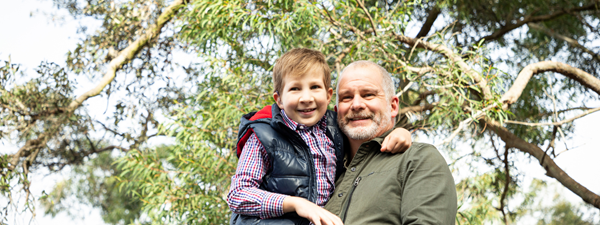
Science will find the solution
The only thing that will solve the many challenges of childhood cancer treatment is financial support for childhood cancer research, and also for the support mechanisms around those going through treatment, Marion says.
“I wish these not-for-profits and charities, like The Kids’ Cancer Project, didn’t have to exist,” she says. “I wish this was all covered by the system. But ultimately there’s a huge gap, and we need to ensure there’s a way for researchers to keep on looking for new treatments, to keep on learning more and pushing beyond the bare minimum of treatment and survival at any cost.”
“I was also appalled to discover that social workers and psychologists in oncology units are partially funded by charities. Why do we need a third party to help provide these essential services? Why can’t the system do this?”
Behind the science | Associate Professor Josh McCarroll
As researchers do all they can to further their knowledge around treatment of kids’ cancers, Marion and husband Dave, and their daughter April, are simply thrilled that Fred is still a wonderful part of their lives.
“When you nearly lose them, when you realise that nobody really knows how much time they’ve got, you realise affection is a very important ingredient in a happy life. As a result of that, our Fred has become the most affectionate little guy I’ve ever known,” says Marion.
“On the most basic level, this entire experience has taught us that we need to grab our children and give them a hug and tell them we love them at every chance we get.” - Marion Corbett
